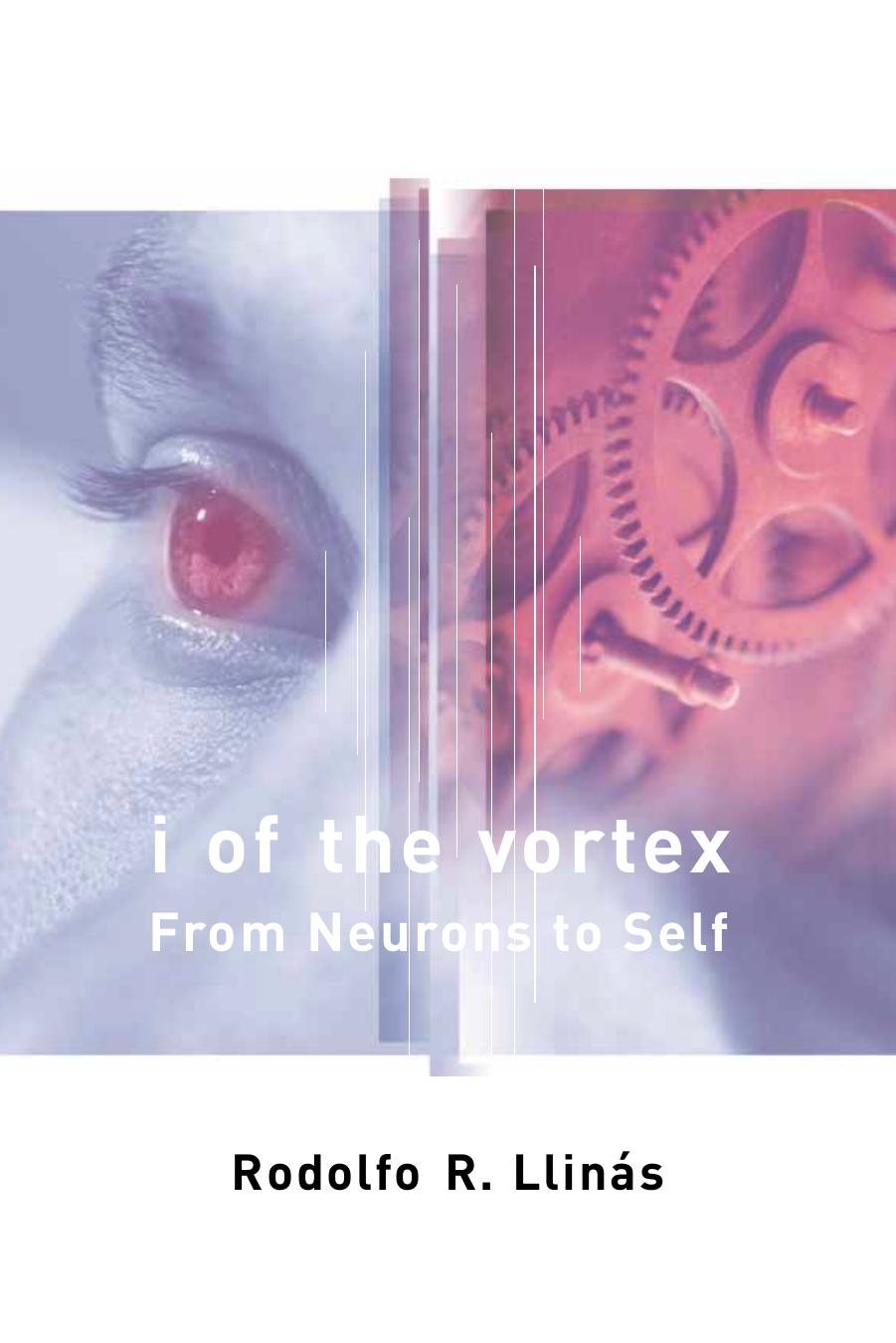I of the Vortex: From Neurons to Self by Rodolfo R. Llinas

Author:Rodolfo R. Llinas [Llinas, Rodolfo R.]
Format: epub, pdf
Tags: The MIT Press, ISBN-13: 9780262122337
Published: 2001-02-01T11:51:04+00:00
unlike muscle tone where the level of muscle activation is the parameter regulated, emotions are notorious for their variety.
Reflecting on the history of humanity we findemotional states well characterized in the Western, Judeo-Christian tradition in the form of
“the cardinal Sins” (pride, rage, greed, lust, envy, sloth, and gluttony) andthe somewhat lesser known andnot easily reconciledwith true emotional states, the “cardinal Virtues” (justice, prudence, temperance, forti-tude, faith, charity, and hope). According to a modern dictum the latter seven have the quality of being their own reward(truly intrinsic), an idea that may derive from, or at least reflect, practical needs surrounding the origins of settled, agricultural society—in essence, the notion of “enlight-enedself-interest.”
That issue aside, emotions in general are among the very oldest of our brain properties. They are enactedby the rhinencephalon (see Velasco et al. 1988, 1989), whose activity supports andgenerates not only our emotional feelings, but also a host of motor, autonomic, andendocrine postures that probably evolvedas states of readiness to action, as well as modes of social signaling of intentionality. From a neuroscience point of view the question of the neurological basis for our affective worldis the topic of classical andcontemporary research (Brown andSchafer 1888; Bard1928; Kluver andBucy 1939; Hess andRugger 1943; Hess 1957; Weiszcrantz 1956; Hunsperger 1956; Fernandez de Molina and Hunsperger 1959, 1962; Downer 1961; Geschwind 1965; Fernandez de Molina 1991; Damasio 1994, 1999; LeDoux 1996, 1998; Rolls 1999).
One wouldnot be surprisedif emotional states were to be simple stereotypical responses; the cardinal entities (in particular the sins) may be triggered by peptide modulators to the point that the universal characterization may be recognizedby most human cultures.
Sensations Are Intrinsic Events and Emotions, Global Sensation FAPs The relationship of emotional states to actions, andindeedto motricity, is all important, for under normal conditions it is an emotional state that provides the trigger and internal context for action. But the underlying emotional state, the “premotor FAP,” does not only trigger the action as a FAP; it is also expressedin the form of another accompanying motor
Download
I of the Vortex: From Neurons to Self by Rodolfo R. Llinas.pdf
This site does not store any files on its server. We only index and link to content provided by other sites. Please contact the content providers to delete copyright contents if any and email us, we'll remove relevant links or contents immediately.
Periodization Training for Sports by Tudor Bompa(8253)
Why We Sleep: Unlocking the Power of Sleep and Dreams by Matthew Walker(6705)
Paper Towns by Green John(5177)
The Immortal Life of Henrietta Lacks by Rebecca Skloot(4576)
The Sports Rules Book by Human Kinetics(4379)
Dynamic Alignment Through Imagery by Eric Franklin(4208)
ACSM's Complete Guide to Fitness & Health by ACSM(4057)
Kaplan MCAT Organic Chemistry Review: Created for MCAT 2015 (Kaplan Test Prep) by Kaplan(4004)
Introduction to Kinesiology by Shirl J. Hoffman(3765)
Livewired by David Eagleman(3764)
The Death of the Heart by Elizabeth Bowen(3609)
The River of Consciousness by Oliver Sacks(3599)
Alchemy and Alchemists by C. J. S. Thompson(3515)
Bad Pharma by Ben Goldacre(3422)
Descartes' Error by Antonio Damasio(3270)
The Emperor of All Maladies: A Biography of Cancer by Siddhartha Mukherjee(3146)
The Gene: An Intimate History by Siddhartha Mukherjee(3094)
The Fate of Rome: Climate, Disease, and the End of an Empire (The Princeton History of the Ancient World) by Kyle Harper(3055)
Kaplan MCAT Behavioral Sciences Review: Created for MCAT 2015 (Kaplan Test Prep) by Kaplan(2983)
